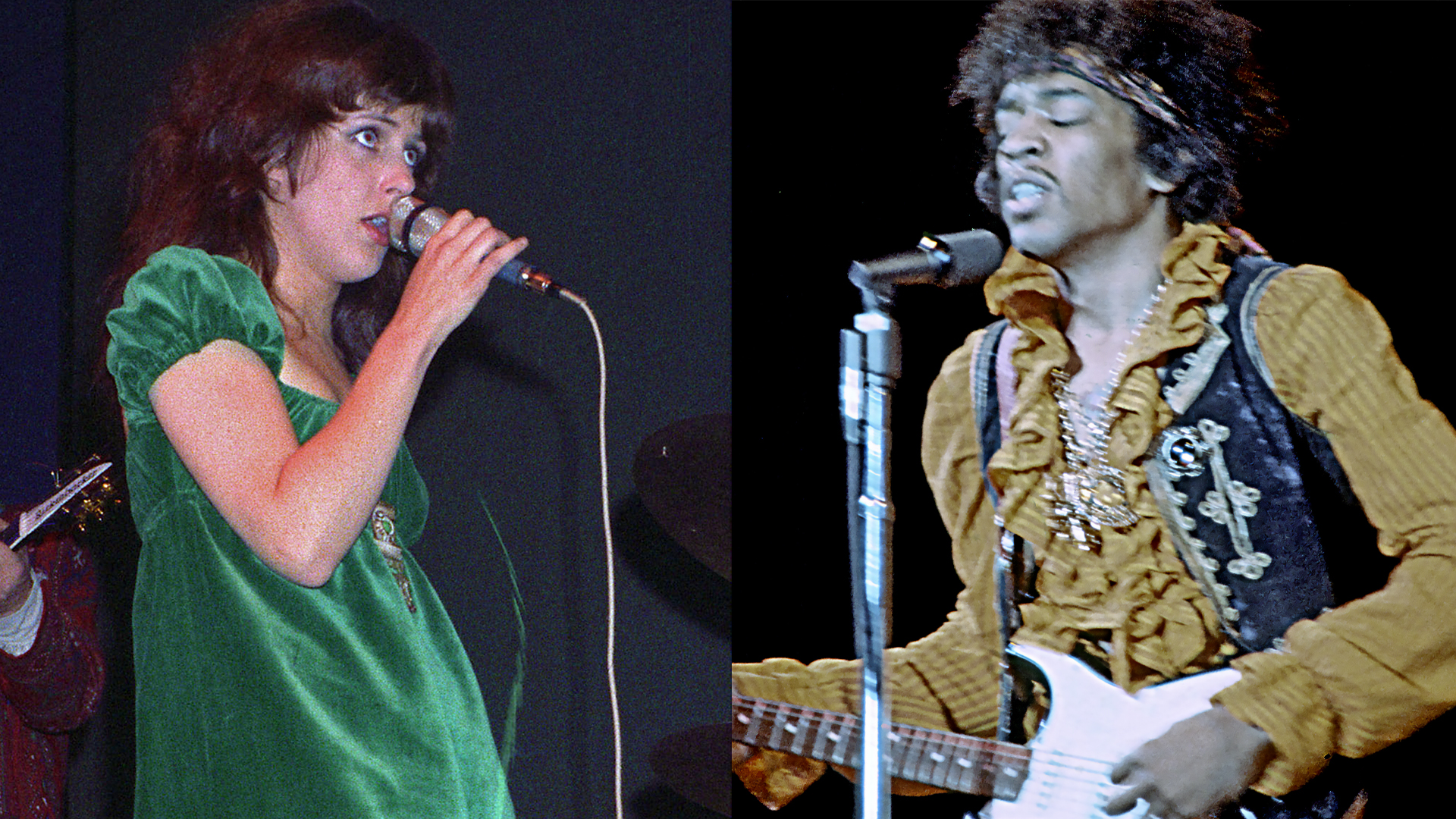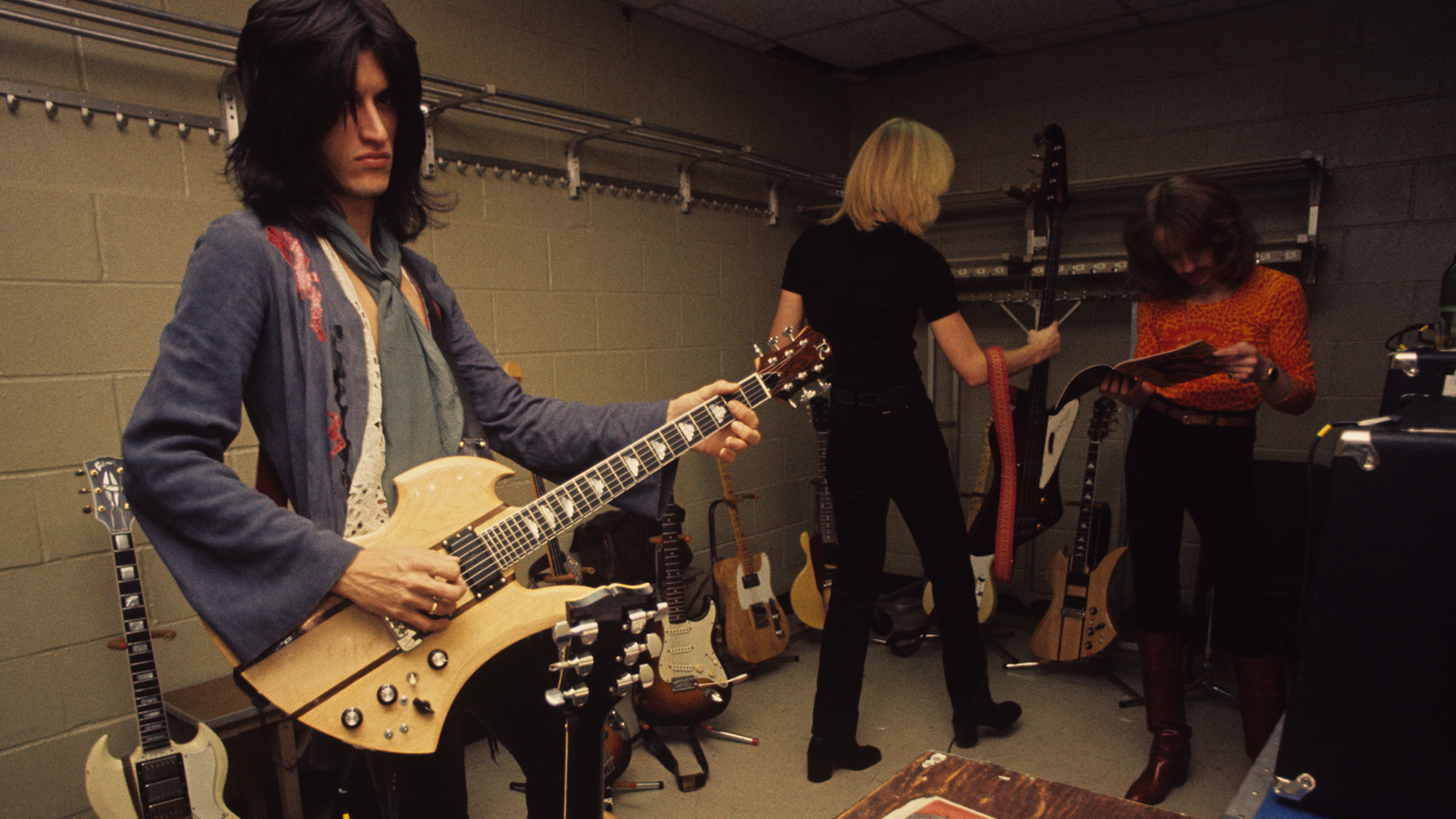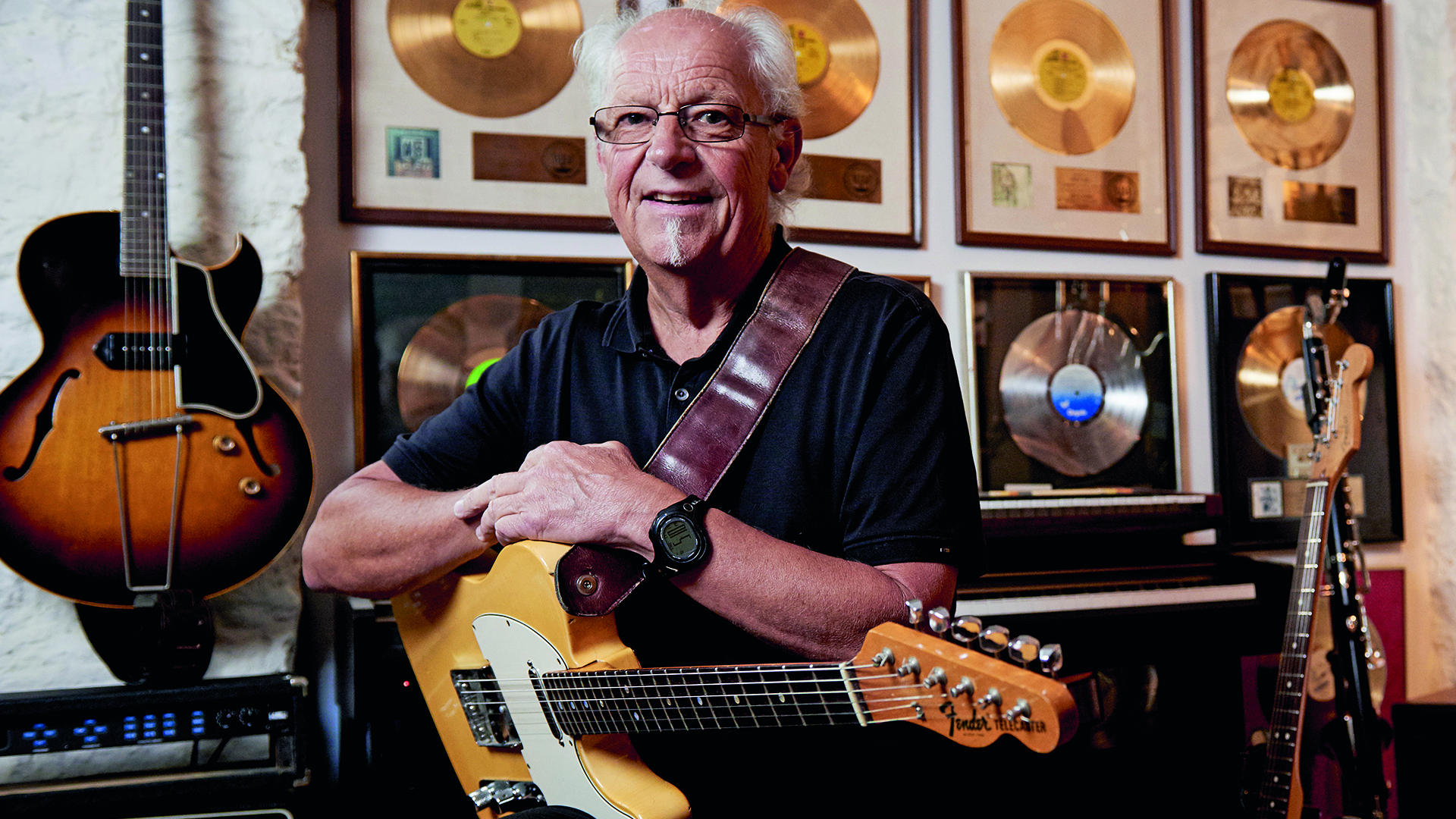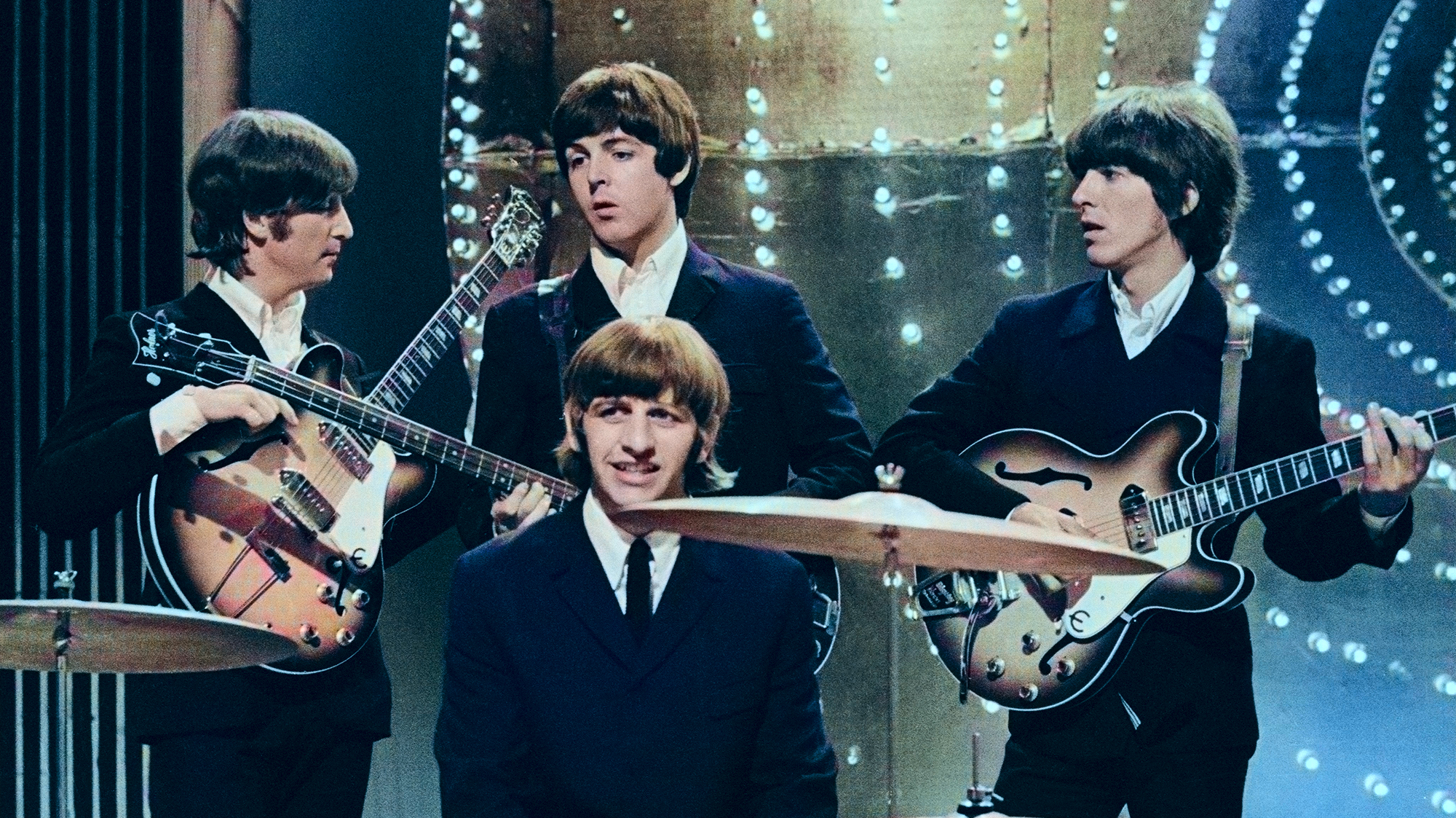“It's a hill I’m willing to die on.” Cory Wong just set a high bar for guitar excellence. But a blues god like Stevie Ray Vaughan probably wouldn't have passed his test
The funk maestro says if guitarists can't ace this one skill, “I would not consider you an advanced guitarist”

Cory Wong has divided opinion among his Instagram followers after revealing his strict criteria for what he says makes someone an “advanced guitarist.”
Wong says it's vital for guitarists to be intrinsically acquainted with their fretboard and know the location of different notes across every string.
“Gentle call out to the folks that consider themselves advanced guitarists,” he says in the video posted to his Instagram. “If you can't do this exercise, I would not consider you an advanced guitarist.
“Why?” he adds. “Because you should know where all the notes are on a guitar.”
To that end, he lays out a challenge for his followers, asking, “Can you play me a C on every string?” before repeating the exercise with G and Bb at an impressively quick pace. (The latter exercise reveals his guitar isn't completely in tune, which is pretty a low bar to clear.)
The concept is simple, and it’s easy to understand why Wong places so much importance on players being able to hit a certain note on the fly without having to stop and think about it. It demonstrates that players are at one with their instrument, be it an acoustic or an electric guitar.
Wong doesn't include technique as a barometer of a player’s expertise. Regardless, he says his criterion is “a hill I’m willing to die on.”
Get The Pick Newsletter
All the latest guitar news, interviews, lessons, reviews, deals and more, direct to your inbox!
As you might expect, several comments from his followers show that not everyone is on board with him.
A post shared by CORY WONG (@coryjwong)
A photo posted by on
One naysayer pointed out that Stevie Ray Vaughan would likely fail Wong's test. The reader notes that the late bluesman — largely accepted as one of the world's greatest players — did not know the fretboard with such a level of detail. He adds fuel to the fire by saying “a nice vibrato” is far more important.
Wong retorted with his “guarantee” that SRV would pass with flying colors, adding, “I think it’s important to know the roads you’re driving on”.
However, Wong's challenger has a point. As Stevie Ray told Guitar Player in his 1984 cover story he wasn't schooled in theory. For him, feel came first.
When asked about theory vocabulary, Stevie replied, “I don’t know any of that stuff. I just look for things that sound right.”
He said that when playing on David Bowie’s iconic “Let’s Dance” record, he used his ear — not his brain — as his guide.
“Most of the time, I'd listen to a couple of run-throughs while he was doing his vocals, to get an idea of where the song was going," Stevie said. "Then I'd just figure out in my head where this Albert King lick or that Albert King lick would fit.”
Other commenters point out that even the best players have composed songs using complex chords without knowing their names — yet another rally against Wong's "theory first" argument.
Guitar teacher John Huldt, meanwhile, adds that, of all the world's musicians, “only guitar players pride themselves on not knowing how music works,” believing that to be at their detriment. It implies a rhetoric that all violinists, for example, would not struggle with this challenge because of the culture of mastering the instrument.
Another user provided some useful hints for players wanting to level up, with tips for finding octaves and the "one string down, five frets up" trick for finding duplicate notes.
Perhaps most damning, some have accused Wong of gatekeeping.
Says one user, “You are better than this."
Wong is best known for his incredible right-hand technique and water-tight funk rhythms, but he’s also a thoughtful improviser. His understanding of where notes can be found on a fretboard at any given moment plays a key part here. That’s why he has brazenly laid down the gauntlet to the online guitar community. For better or for worse.
Indeed, unlocking the fretboard can help players achieve a newfound freedom on the instrument, making it far easier to find their voice and avoid duff notes when jamming. Whether this is the only requirement for a player to rise through the ranks or not is a discussion that will likely rage on for far longer.
A freelance writer with a penchant for music that gets weird, Phil is a regular contributor to Prog, Guitar World, and Total Guitar magazines and is especially keen on shining a light on unknown artists. Outside of the journalism realm, you can find him writing angular riffs in progressive metal band, Prognosis, in which he slings an 8-string Strandberg Boden Original, churning that low string through a variety of tunings. He's also a published author and is currently penning his debut novel which chucks fantasy, mythology and humanity into a great big melting pot.
“We’d heard Jimi Hendrix, we'd heard the Who, but now we finally got to see these guys. And watching Jimi Hendrix burn his guitar….” Grace Slick on Hendrix at Monterey, Jefferson Airplane and the Spanish origins of “White Rabbit”
“I’m still playing but I’m covered in blood. Billy’s looking at me like, ‘Yeah! That’s punk rock!'” Steve Stevens on his all-time worst gig with Billy Idol — and the visit to Jimi Hendrix's grave that never happened













